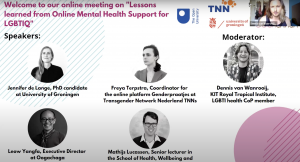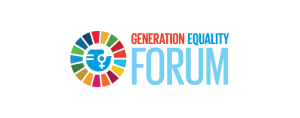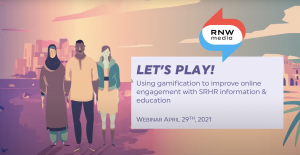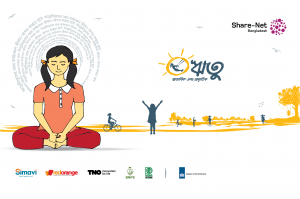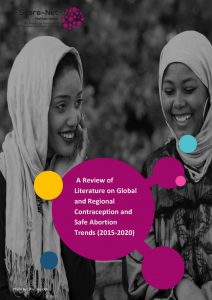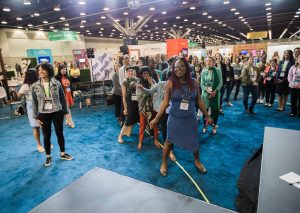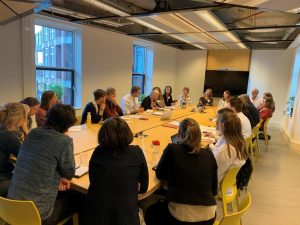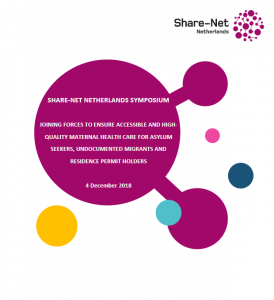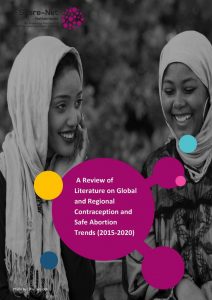Abstract writing workshop On Thursday, 15th of July 2021, Share-Net hosted its first online abstract writing workshop to strengthen young…
Online mental health counselling for LGBTIQ+ On the 21st of September 2021, Dennis van Wanrooij (KIT Royal Tropical Institute, LGBTI health CoP…
On the 7th of July 2021, Share-Net Netherlands and WO=MEN Dutch Gender Platform, in collaboration with Rutgers and CHOICE for Youth & Sexuality organised a…
In this interactive learning webinar taking place on the 29th of April 2021, our member organisation RNW Media presented the results and…
This online meeting, on “Menstrual Health: Learnings from the Ritu Programme in Bangladesh” took place on the 3rd of December…
Executive Summary Contraception and safe abortion are key components of sexual and reproductive health and rights. They are essential and…
On September 3rd, about 35 people, including researchers, policy-makers, civil society organisations and practitioners, got together to talk about Universal…
#ThePowerOf Dialogue Should health services for LGBTQIA+ be targeted or mainstreamed? Should we let youth LGBTQIA+ activists lead, or should we…
Panel discussion chaired by Yvonne Bogaarts (Rutgers), including Lewis Emmerton (CHOICE for Youth and Sexuality), Robin Smeets (dance4life) and Evi…
On December 4th 2018, about 50 clinicians in the field of obstetrics and gynaecology, researchers, policy makers and ‘experts through…
Today, 26.9 million people are using a method of contraception provided by our dedicated teams around the world. We’re proud…
The outcome of the Share-Net thematic meeting on contraception and abortion, May 2015. Despite the worldwide decrease in maternal deaths…

